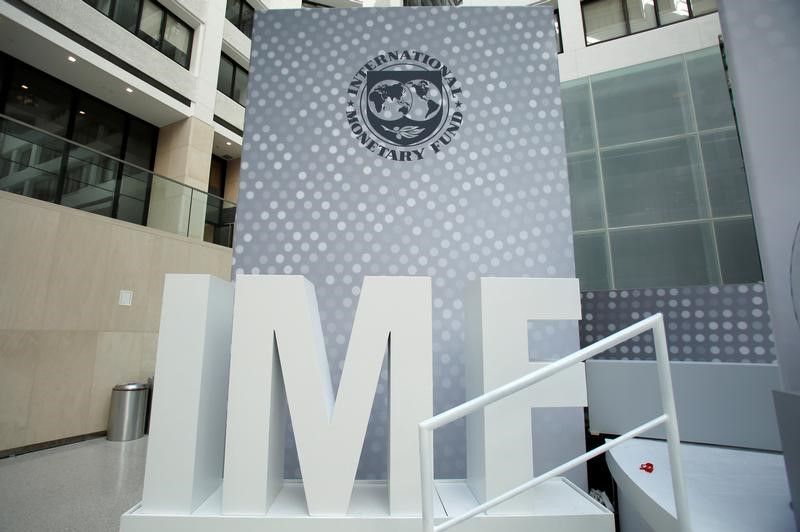BUENOS AIRES, Feb 11 — Argentina’s new government heads into do-or-die talks this week with its biggest creditor, the International Monetary Fund, seeking a deal to postpone debt payments while honouring a promise to voters to not go along with painful budget cuts.
Left-leaning President Alberto Fernandez hopes to convince the Fund to rejig US$44 billion (RM182.4 billion) in suspended loans under a plan that would avoid the kind of fiscal austerity and structural reforms the IMF typically imposes to restore nations’ finances.
The government also wants IMF approval of its plan to restructure tens of billions of dollars owed to bondholders.
It hopes to achieve all this before a March 31 deadline it has imposed on itself so it may refocus on restoring growth. The future of Latin America’s No.3 economy hinges on the Wednesday-through-Friday discussions to be held in Buenos Aires between IMF and Argentine officials.
The week may end without a hard statement from either side about new economic or debt management policies, however.
“The government needs to make the perfect move, with a bond restructuring that the IMF can approve and that balances the need for some fiscal austerity with the political restrictions imposed by the government’s leftist coalition,” said Gabriel Zelpo, director of Buenos Aires economic consultancy Seido.
“If it is successful the economy will recover. If not, the recession will deepen,” he said.
Analysts expect on average an economic contraction of 1.5 per cent this year.
Bonds rallied on Friday and largely held their gains yesterday thanks to optimism over the upcoming restructuring.
Fernandez’s late 2019 election was a rebuke to previous leader Mauricio Macri, who killed his own hopes of re-election by imposing unpopular subsidy cuts that fuelled inflation while his over-borrowing in the bond market helped weaken the local peso currency by 83 per cent during his four-year term.
Complicated past
The IMF and Argentina have a complicated past. Many blame the fund’s policies for causing a 2001 economic meltdown that threw millions of middle-class Argentines into poverty.
A 2018 run on the peso nonetheless forced Macri into a US$57 billion IMF loan agreement that included tough fiscal targets.
Only US$44 billion of that money was distributed before the agreement was put on hold last year when Argentina admitted it would have to rejig a total of about US$100 billion in debt.
The 2001 crisis unleashed a messy debt restructuring that kept the country locked out of the international capital markets for years as creditors tied successive governments up in court, pushing for maximum returns on defaulted sovereign bonds.
Economy Minister Martin Guzman wants to avoid that this time. He has approached the IMF and bondholders with talk of an investor-friendly bond revamp, while making it clear the government will neither risk worsening the recession by imposing fiscal austerity nor keep making unsustainable bond payments.
The fund and the government both say they expect a productive dialogue this week.
The ministry wants to get the IMF on board with its plan for delaying debt service payments long enough to let the economy emerge from recession and to improve its repayment capacity.
“I don’t know if there will be an explicit or implicit endorsement from the IMF of the actual bond restructuring,” said Siobhan Morden, head of Latin America Fixed Income Strategy at Amherst Pierpont Securities.
An IMF endorsement would signal optimism for future debt repayment capacity, Morden said, adding that Argentina was likely to miss its deadline of getting a debt revamp signed by the end of March.
“So the best case is a soft endorsement in which the IMF signals flexibility for negotiating on loan re-profiling. There is no chance of a revised IMF programme in March. But there could be headlines of progress towards a future agreement,” she said. — Reuters






















